Thursday Evening Speaker Series
-
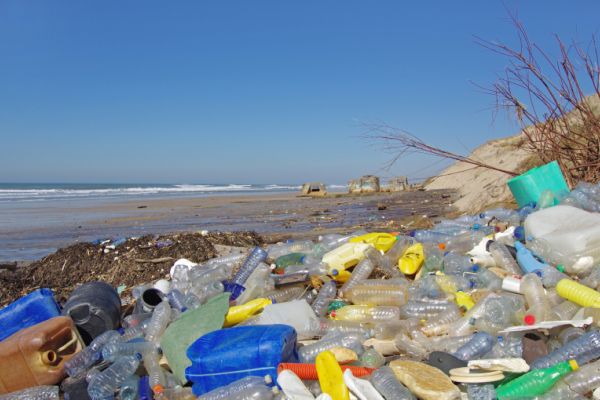
Science Solutions for the Global Plastic Problem
Thursday, March 5, 2026 | 6:00-7:30pm
Fabia Battistuzzi, Oakland University Plastic pollution threatens both the global environment and individual human health. Since its introduction to the market, plastic has become ubiquitous in daily life, but at what cost? Our oceans are contaminated with plastic, and we are finding alarming levels of microplastics in people all over the world. Come to Next for an in-depth scientific lecture by Dr. Fabia Battistuzzi that will cover her research on a potential solution to the “plastic problem”. Specifically, Dr. Battistuzzi, a favorite lecturer at Next, will discuss the potential for bacteria to play a role in plastic consumption. She will discuss where the science currently stands, what the possibilities are, and the importance of this cutting-edge research. Generously sponsored by Bank of Ann Arbor
-
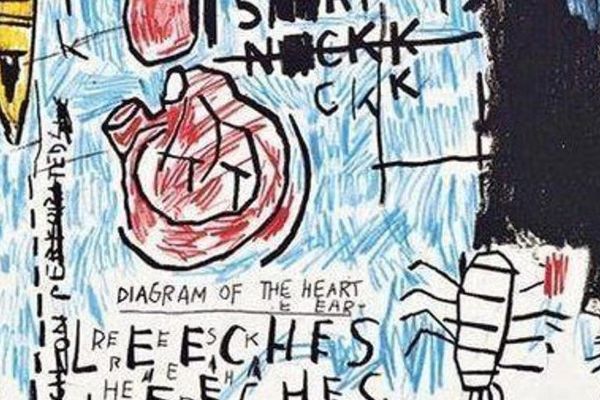
Controversies in Art - Old and New
Thursday, March 12, 2026 | 6:00-7:30pm
Wendy Evans, Art Historian
Art has caused controversy over the centuries for a variety of reasons. Does art require craftsmanship and fine materials? Is modern art something your child could do? What is the line between art and pornography, art and sacrilege, art and propaganda? Who chooses the canon? Should public art require public approval? Should art plundered long ago be returned? Join art historian Wendy Evans to explore these issues and more! Generously sponsored by Home Senior Moving.
-
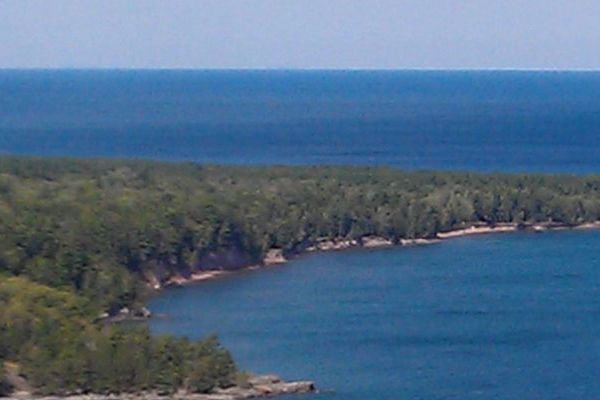
Michigan Department of Environment, Great Lakes, and Energy
Thursday, March 19, 2026 | 6:00-7:30pm
Katie Lambeth, EGLE Executive Office The Michigan agency that is tasked with protecting our environment and waterways also works with multiple Indian tribes, who were stewards of this land and these waters long before European settlers arrived. Come and learn about the ways that EGLE works to preserve our precious ecosystems, and how they collaborate with various tribes from Katie Lambeth, EGLE Tribal Liaison, Nondiscrimination Compliance Coordinator, and Language Access Coordinator. This lecture will also increase understanding of the vital role that agencies play in state governance, and why it is critical to preserve both our agencies and our environment. This presentation is generously sponsored by American House Stone.
-
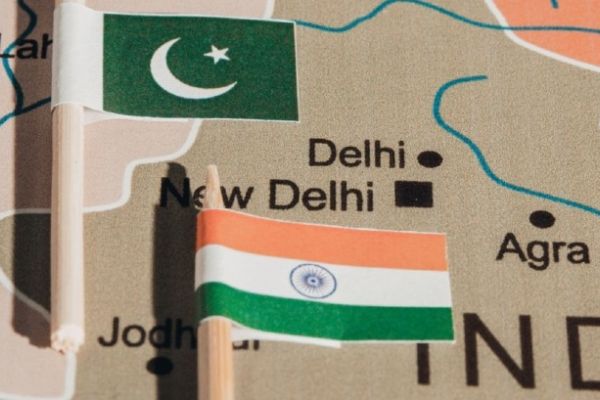
India and Pakistan: Conflict Explained
Thursday, March 26, 2026 | 6:00-7:30pm
Saeed Khan, Associate Professor, Near Eastern Studies - Wayne State University
In 1947, a fraught conflict and new governance resulted in a division between the countries of India and Pakistan. So many factors contributed to the initial partitioning of the continent, and many complicated social, political, and religious influences have resulted in prolonged difficulties, and sometimes conflict, between the two countries. Come and hear from Near Eastern Studies expert Professor Saeed Khan as he offers Next an in-depth explanation of the roots of this long-standing conflict. Professor Khan will also explore the complexities of the current situation and what the future may hold
-
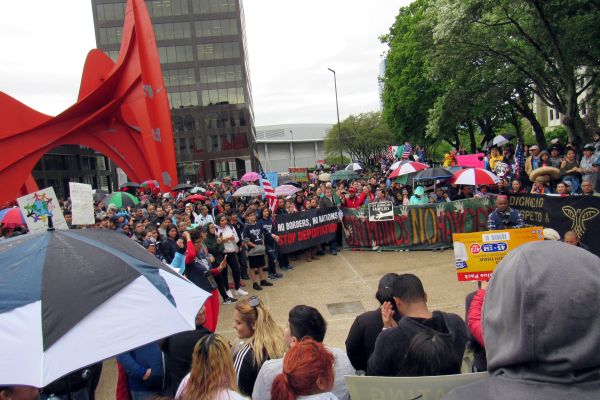
Immigrant Rights in Michigan
Thursday, April 9, 2026 | 6:00-7:30pm
Lexi Andre, Attorney - Michigan Immigrant Rights Center
Immigration has long been a topic of political debate in the United States of America, but the current socio-political climate has brought this issue to the forefront. Come to Next and learn about the current status and rights of immigrants in Michigan. Attorney Lexi Andre will provide a detailed explanation of the work that the Michigan Immigrant Rights Center (MIRC) does on behalf of this vulnerable population. Attendees will learn factual information about the laws of the state of Michigan and the federal government regarding immigration, and about the prevailing issues facing immigrants today. Generously sponsored by Shaun Shaya, with Shaya Realty and KW Domain.
-
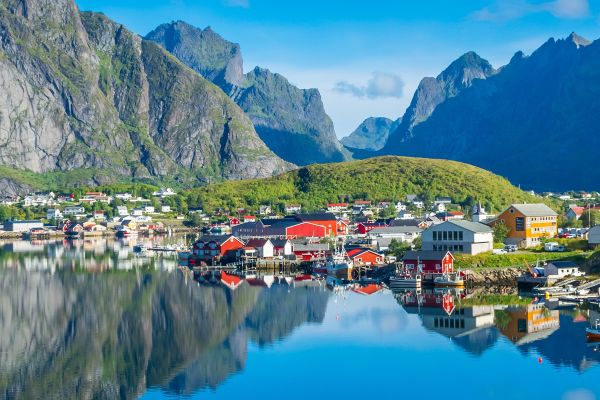
A Virtual Tour Through Stunning Scandinavia
Thursday, April 16, 2026 | 6:00-7:30pm
Join us at Next for an evening of pure enjoyment as we journey through beautiful Scandinavia. We will experience awe inspiring landscapes, quaint villages, and frigid fjords. Then, visit the magnificent harbors capitals: Stockholm, Oslo and Copenhagen to explore their historical roles as cultural and trading hubs. This is a singular opportunity to enjoy the diverse beauty of Scandinavia with experienced lecturer Arnie Collens, as he takes us on a visual exploration of his travels through these stunning countries. This program is generously sponsored by Arden Courts.
-

Update from the Oakland County Prosecutor
Thursday, April 23, 2026 | 6:00-7:30pm
Prosecutor Karen McDonald
Oakland County Prosecutor Karen McDonald is coming to Next. Karen McDonald has been serving in this role for nearly five years, and has prosecuted multiple highprofile cases that have been critical to bringing justice to victims in Oakland County. Karen was elected to this role in 2020, and was re-elected in 2024. She will provide an update on her work and goals in the prosecutor’s office, as well as answer questions that audience members may have. This is an important opportunity to hear directly from an elected official who is tasked with ensuring justice is served in Oakland County
-
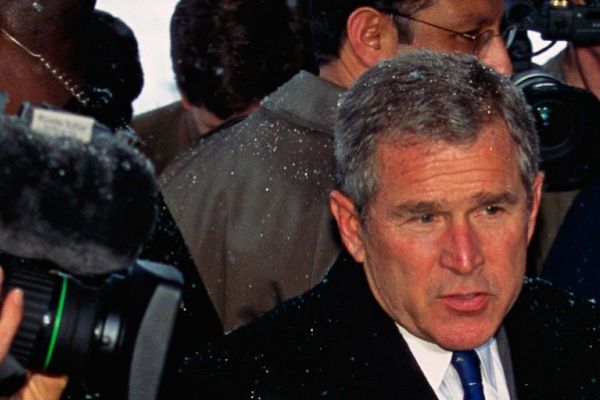
Presidents and the Press
Thursday, April 30, 2026 | 6:00-7:30pm
Sometimes collaborative, sometimes strained, and sometimes downright combative – a president’s relationship with the press is always an issue of socio-political interest. The press, on their part, have a responsibility to gather and report on information collected from the highest executive office holder in the country. One thing is certain – the relationship between presidents and news outlets isn’t going away any time soon. Join popular lecturer Bruce Zellers as he explores the history behind presidents and the press, and how that history informs modern times. This program is generously sponsored by Waltonwood University and Waltonwood Royal Oak.
